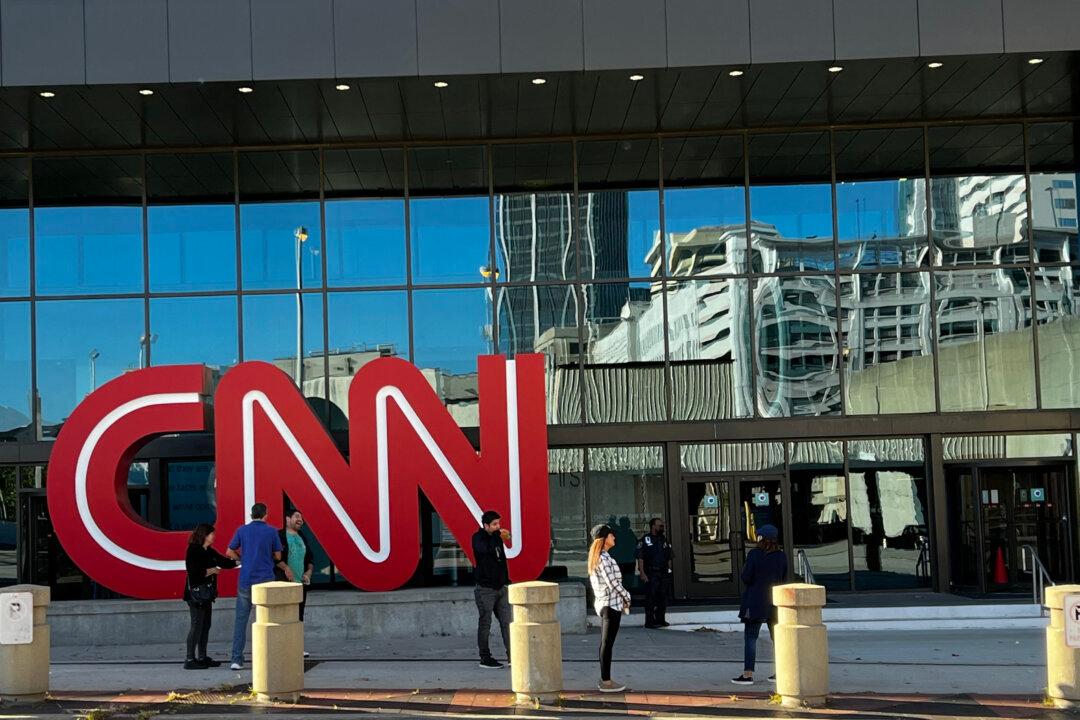Commentary
The demise of CNN+ after less than a month has led to unfettered gloating on the right. It might be more appropriate for conservatives to reflect on the debt they owe to what actually used to be the “Most Trusted Name in News,” long before that now-dubious slogan was coined.





